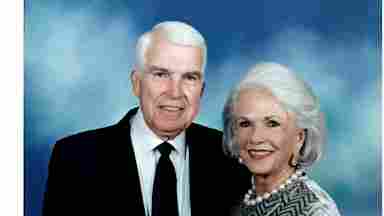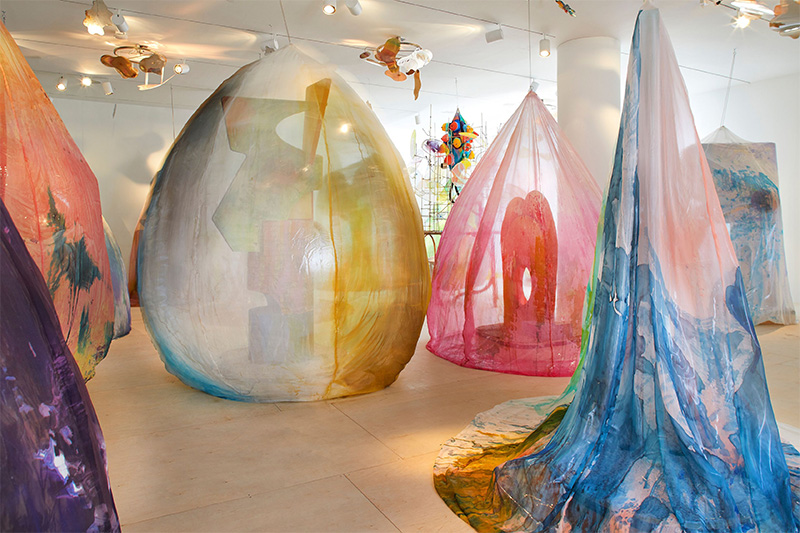Beatrice "Bea" Wallace Supports Pushing the Edge

Center for BrainHealth
Share this article
Sandra Bond Chapman, PhD
Chief Director Dee Wyly Distinguished Professor, School of Behavioral and Brain Sciences Co-Leader, The BrainHealth Project
Related Information

Listen, Touch and Wander: DMA’s Speechless: Different by Design
Take a look at six works within speechless, an exhibit representing a crossroads of neuroscience and aesthetics. Curated by DMA’s Sarah Schleuning, who says the idea came from a personal experience as the mother of a child with a communication disorder.